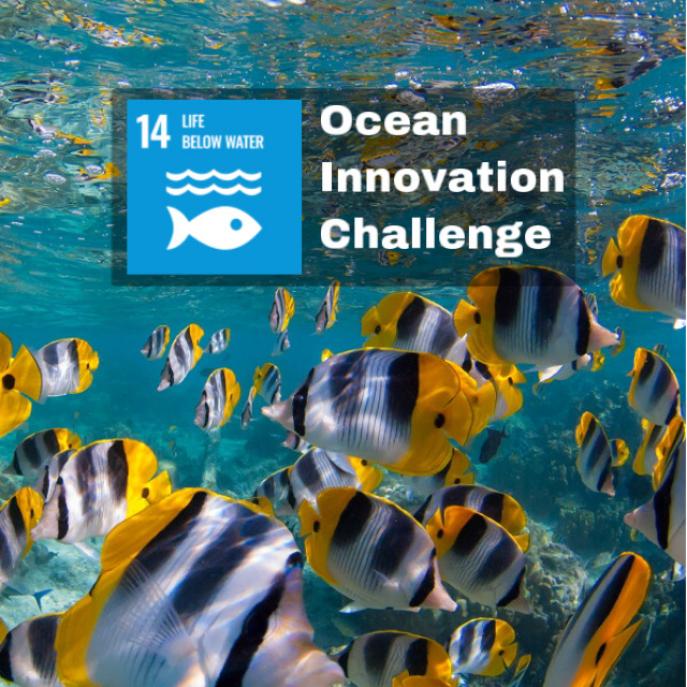UNDP launches new Ocean Innovation Challenge
The ocean ecosystem has never faced such a diverse range of threats caused by overfishing, pollution, habitat loss and the multiple impacts of climate change.
Recognising the increasing urgency of tackling ocean pollution, particularly from plastics and nutrients, the first of several planned Ocean Innovation Challenge focuses on SDG 14.1- Reduce Marine Pollution. This open call seeks innovations that are transferable, replicable and scalable offering grants ranging from $50,000 to $250,000.
“To achieve SDG14, we must break new ground with innovative technologies, policies, regulations and financial instruments. In this regard, the new UNDP Ocean Innovation Challenge is a most welcome addition to the growing number of ocean incubators and accelerators.” says Peter Thomson, UN Secretary General’s Special Envoy on Oceans.

That is clear by now that the `business as usual` scenario will not deliver the transformational change needed to move towards sustainable ocean use.
The Ocean Innovation Challenge is issuing a series of 'Ocean Challenges' or Requests for Proposals, each focused on a specific SDG14 target.
This unique new support has been designed to accelerate progress on SDG14 by the identifying, financing, advising and mentoring of genuinely innovative, entrepreneurial and creative approaches to the ocean and coastal restoration and protection that sustains livelihoods and advances the ’blue economy’.
“At a time when the world’s oceans and seas face unprecedented pressures, UNDP’s new Ocean Innovation Challenge will shine a light on innovative, entrepreneurial and creative approaches that can advance ocean and coastal restoration and protection,” says Achim Steiner, UNDP Administrator.
The first 'Ocean Challenge', launched on 8 January 2020, seeks innovative solutions to counter the scourge of ocean pollution.
Initial concepts may be submitted by public or private entities, including governments, private companies (including start-ups), NGO/CSO, United Nations entities, academic institutions, and intergovernmental organizations.
Interested applicants should submit their preliminary proposal here no later than 5 March 2020.
















